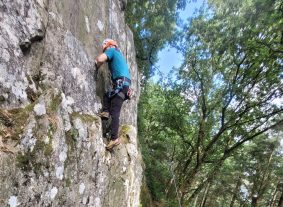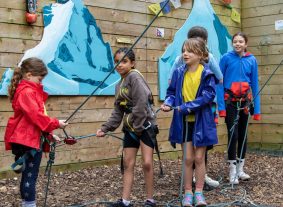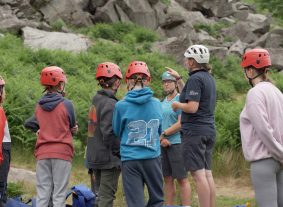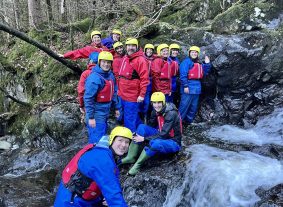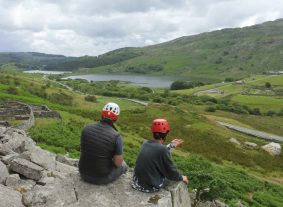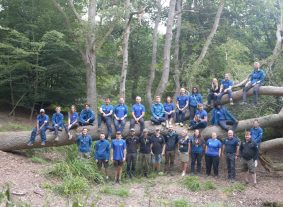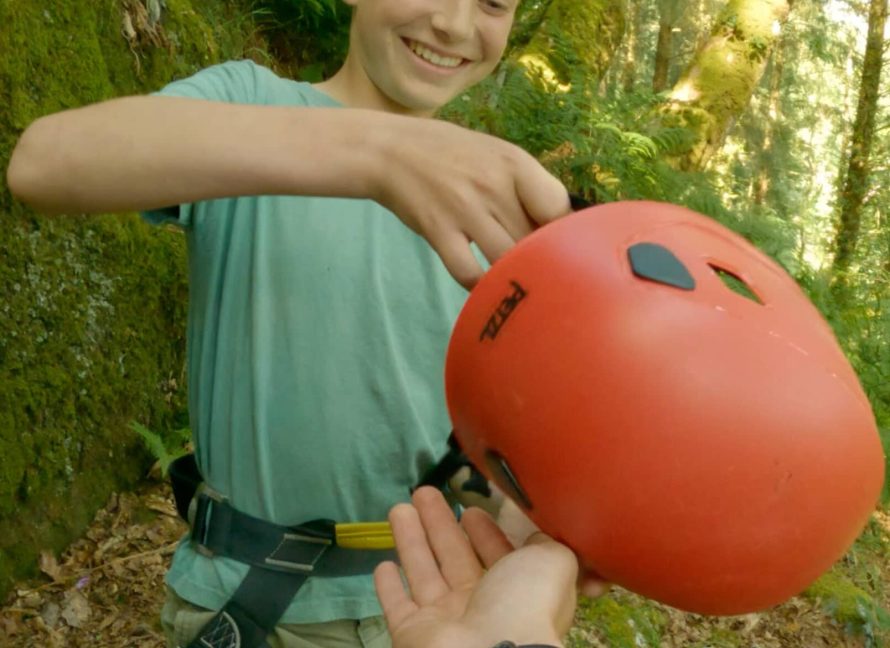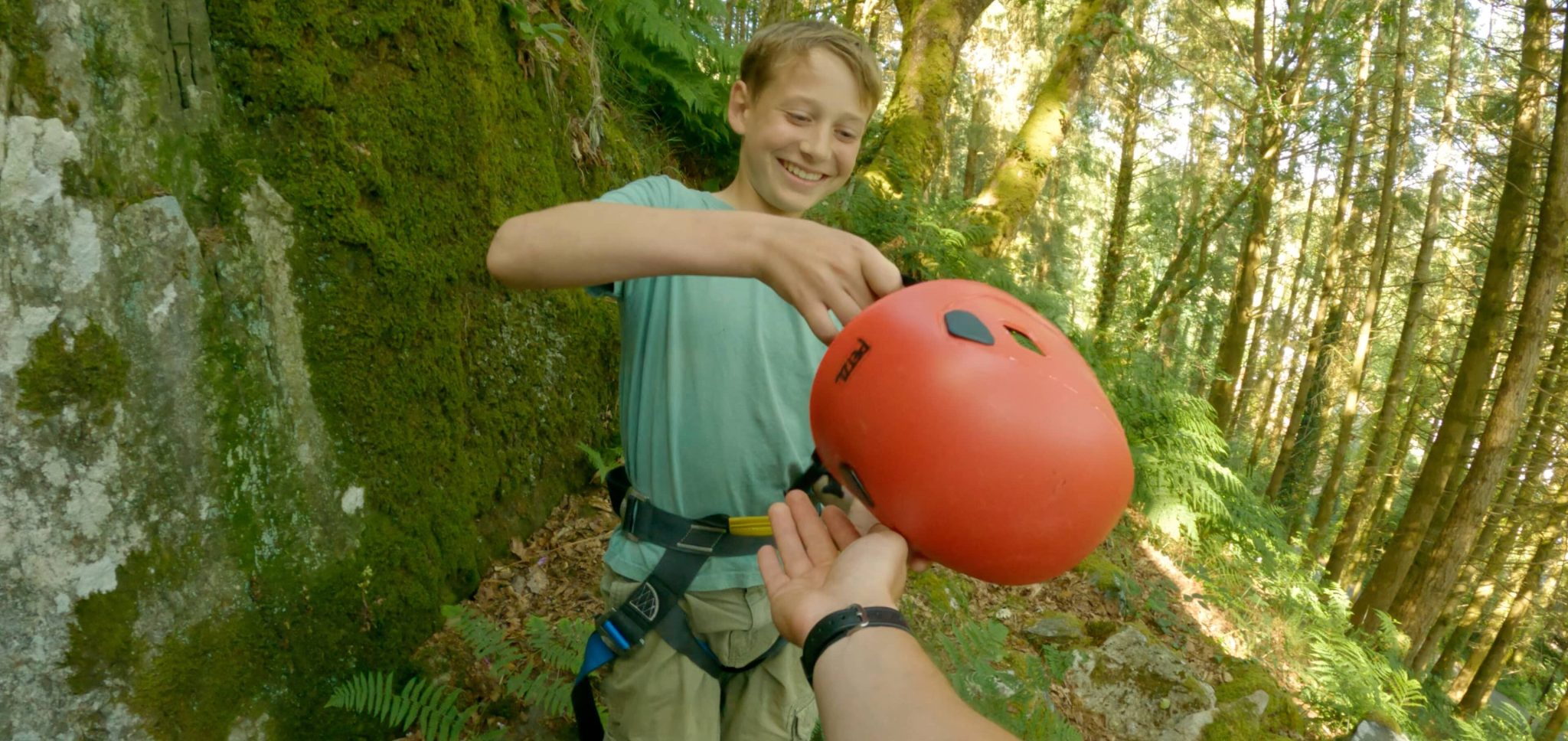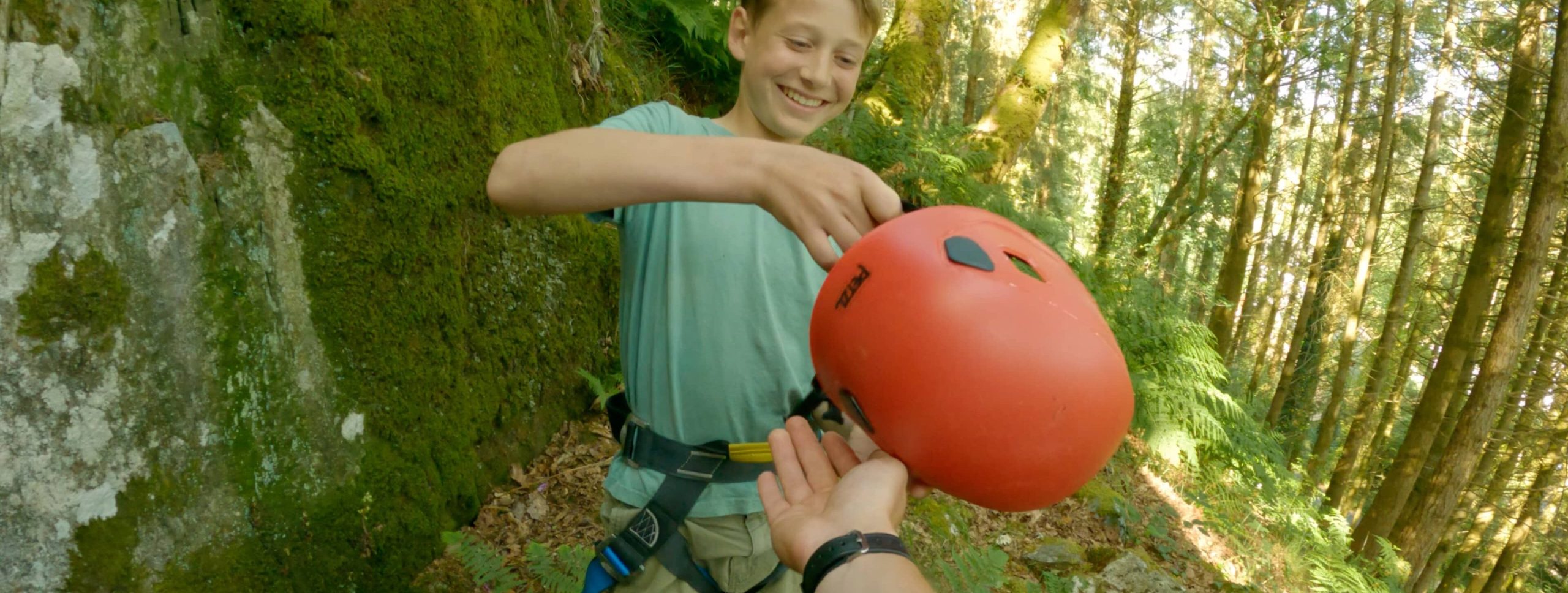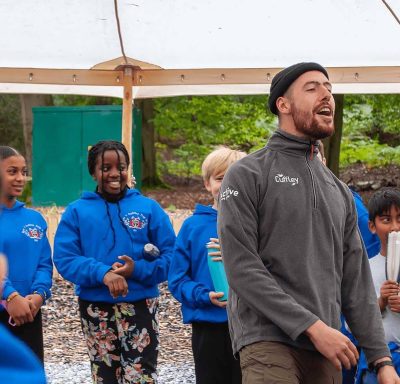In our increasingly digital world, students are spending more time indoors and in front of screens than ever before. While technology offers numerous educational benefits, it’s equally important for students to unplug and engage with the natural world. Outdoor learning provides a holistic educational experience that supports physical, mental, and emotional development.
Holistic Benefits of Outdoor Learning
Outdoor learning is not just about academic enrichment; it’s about fostering well-rounded development. Here are some key holistic benefits:
- Physical Health and Well-being: Outdoor activities encourage physical exercise, which is crucial for students’ overall health. Activities like hiking, climbing, and canoeing help improve cardiovascular health, build muscle strength, and enhance coordination and balance.
- Increased Physical Activity: Outdoor learning involves physical activities that help combat sedentary lifestyles, reducing the risk of obesity and related health issues.
- Better Sleep: Physical exertion and exposure to natural light help regulate sleep patterns, leading to better rest and improved concentration in the classroom.
Mental and Emotional Health
Nature has a profound impact on mental health. Time spent outdoors can reduce stress, anxiety, and depression, providing a natural remedy to the pressures of modern life.
- Stress Reduction: Nature’s calming effects help lower cortisol levels, promoting relaxation and reducing stress.
- Enhanced Mood: Outdoor activities increase the production of endorphins, improving mood and emotional well-being.
- Improved Focus: Studies show that time spent in natural settings can improve attention span and cognitive function.
Social Skills and Teamwork
Outdoor learning often involves group activities that require cooperation, communication, and teamwork. These experiences are invaluable in developing social skills and building strong relationships.
- Team Building: Activities like group hikes, team sports, and cooperative games foster teamwork and collaboration.
- Improved Communication: Working together in outdoor settings enhances communication skills and encourages positive interactions.
- Empathy and Compassion: Shared experiences in nature help students develop empathy and a sense of community.
Cognitive Development and Academic Performance
Outdoor learning experiences can enhance students’ cognitive abilities and academic performance by providing practical, hands-on learning opportunities.
- Experiential Learning: Engaging with real-world environments helps students better understand abstract concepts and retain information.
- Problem-Solving Skills: Outdoor challenges require creative thinking and problem-solving, skills that are transferable to academic subjects.
- Enhanced Memory: The novelty and stimulation of outdoor environments can improve memory retention and recall.
Getting Away from Technology: The Importance of Unplugging
In today’s digital age, students are often tethered to their devices, leading to increased screen time and decreased interaction with the natural world. Here’s why it’s important for students to unplug and immerse themselves in outdoor learning:
- Reducing Screen Time: Excessive screen time is linked to various health issues, including eye strain, sleep disturbances, and reduced physical activity. Outdoor learning provides a much-needed break from screens.
- Digital Detox: Stepping away from screens allows students to reset and recharge, leading to better mental and physical health.
- Improved Posture and Physical Health: Activities in the natural world encourage movement and better posture, counteracting the sedentary lifestyle associated with prolonged screen use.
Outdoor learning is essential for today’s students, offering a holistic educational experience that nurtures physical, mental, and emotional well-being. By stepping away from technology and immersing in the outdoors, students can reap the benefits of enhanced physical health, improved mental health, stronger social skills, and better academic performance. As educators and parents, it’s crucial to prioritise outdoor learning opportunities, ensuring that students grow into well-rounded, resilient, and environmentally conscious individuals. In a world dominated by screens, nature provides the perfect antidote, reminding us of the importance of balance and the profound impact of the natural world on our lives.
